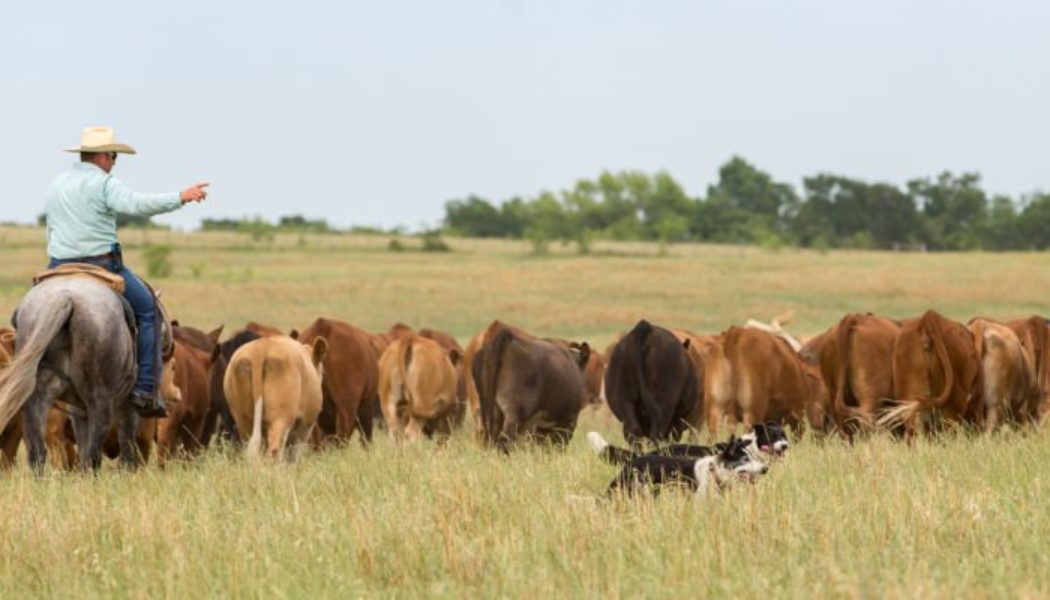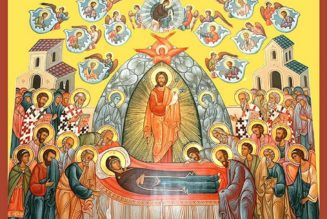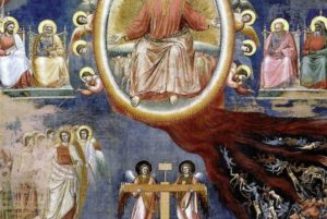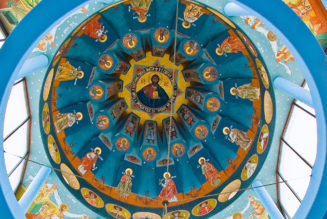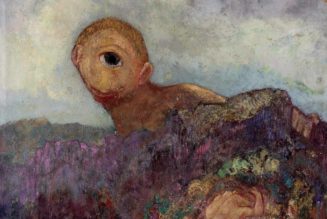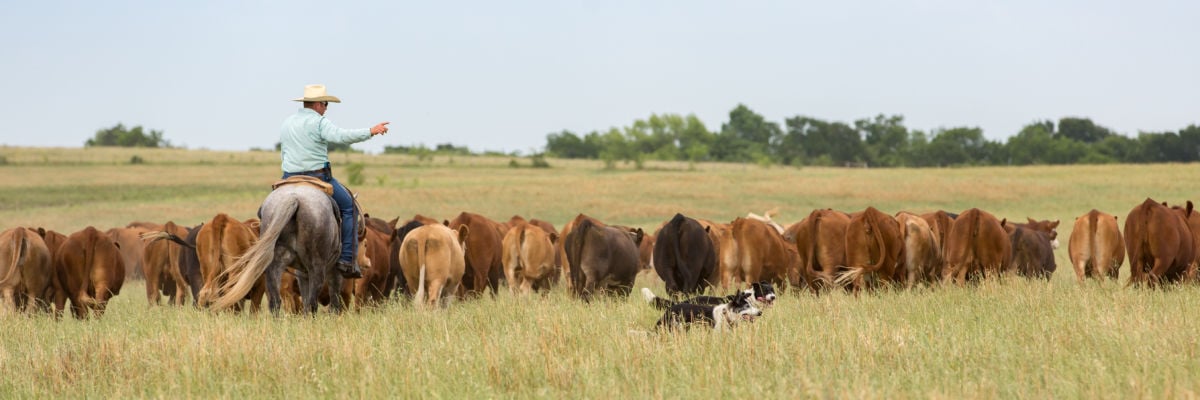
Among the many mysteries of the modern world, one that stands out is how technological progress engenders pastoral nostalgia. But any efforts to counteract the corroding effects of technology too often cause even more distance through globalism rather than localism, as many look to “reset” our pollution-choked, fossil-fueled, climate-changing planet according to politically charged agendas.
As we draw farther away from the earth and the work of the earth, the less chance we have of seeing angels laboring in our midst. As Wordsworth laments:
The world is too much with us; late and soon,
Getting and spending, we lay waste our powers;—
Little we see in Nature that is ours;
We have given our hearts away, a sordid boon!
We have to wake to the lives of the saints instead of getting “woke” to the green new deal du jour. To this end, we can follow especially in the furrows of St. Isidore, patron of Madrid, a husbandman who knew his place in the universe because he knew how to busy his hands with earth while keeping his heart in heaven.
Isidore was a poor man born around the year 1070 to poor parents, named after the saintly archbishop of Seville. He grew up without any education to speak of but learned well to shun sin and seek salvation in the sweat of the brow, the common curse and blessing of every man. Isidore prayed for deliverance from sin and diligence in work, and he came to love prayer as the key to both.
As a young man, Isidore became a hireling on the vast estates of John de Vergas, a rich landowner of Madrid. As many humble, hardworking folks do, he maintained this employment for his entire life. He married a fine country girl named Maria, and, having lost their firstborn son, they decided to devote their lives to God by their continence.
Isidore rose with the sun to begin his day with Mass and then toiled in the fields beyond its setting—plowing, planting, weeding, gathering, fixing, tilling, pushing, pulling, dragging, delving, and driving—all with the pleasant, peaceful constancy of a man anointed with soil who knows how to work well. Isidore was a farmer and had the patient faith of one who digs, holding up the profession of Adam, as the Clown quipped to Hamlet.
Isidore is remembered as one who lived a life of Christian perfection. With his rough hands on his plow, Isidore would tramp beneath the sky, in quiet conversation with his Lord, his guardian angel, and his patron saints. Prayer and work were one act for Isidore, and he showed how the ordinary life of labor brought a man close to God.
Slander comes for the best of men, no matter how low and loyal they may be. Other farmhands in de Vergas’s employ began to complain about the pensive Isidore, saying his church attendance kept him from getting to work on time. Curious as to the truth, de Vergas rose early to watch over his fields and see when Isidore would come. When he saw that Isidore did indeed arrive after his fellow laborers, the master descended to upbraid his man.
But as he strode toward Isidore’s place in the plowland, he stopped and stared. Walking and working beside the man was a second team of pure white oxen, driven by tall strangers clothed in white. Together they plowed, shoulder to shoulder with Isidore, tilling the earth in the dazzling light and swirling dust, making greater progress than any other team afield. De Vergas left with a slower step than he had approached, and ever after, he beheld the sun-creased face of his servant with wonder, who worked miracles for the benefit of his farm and family.
Isidore was also well known for giving what little he had to those poorer than he was, often dining only on the crumbs that his liberality left over. He would not suffer even animals to go hungry. A train of beggars came to follow him as he went from church to farm to home. Somehow, the portion he found reserved for him at table was always enough to share with all.
Isidore passed to his eternal rest and reward in 1130, his wife surviving him for years afterward and venerated as a saint herself. Before long, a devotion began to grow around the farmer’s memory, and his remains were moved to an honorable shrine, where many miracles were reported over hundreds of years.
Most notable among these miracles was when King Alfonso of Castile was defending the pass of Navas de Tolosa against invading Moors in 1212, and the ghost of Isidore appeared to him. In his rustic, demure way, Isidore showed the king an unknown path by which he was able to surprise and vanquish the enemy. The love of the land yields many fruits, indeed.
And what has become of the holy love of land that Isidore modeled so perfectly? We are all accustomed to considering ourselves as inheritors of Adam’s sin, but do we also remember we are inheritors of his divine image and his stewardship over creation? We are stewards, and as such, we have a duty to know and love what we are responsible for.
To be a good steward of the earth is much simpler than fighting for a zero-carbon world of clean-energy sources and a budget that can support artificially organic foodstuffs. The first step is to have a healthy regard for the things of the earth and heaven, which respect forbids exploitation or indifference for pleasure’s sake or for comfort’s sake.
To re-establish the claims of a life higher than what is merely pragmatic, we must first seek to regain a true and complete vision of who we are, a vision like Isidore plowing with angels, a vision that will illustrate the essential nature and force of a higher calling to stewardship, in the possession of which we will gain perfection and regain paradise. If we save the planet at the same time, that will be a happy accident.
As we think on the spirit of St. Isidore, let us remind our fellow Catholics and our countrymen by our lives of the value of manual work and even simple agricultural work—whether in front lawns or flowers or gardens or crop fields or farm animals—and the type of leisure that it brings: that leisure which Josef Pieper called the basis of culture. But leisure can be a basis of culture only if labors of love have preceded it, that have made it possible. Let’s roll up our sleeves and get down to earth with Isidore.
Join Our Telegram Group : Salvation & Prosperity
